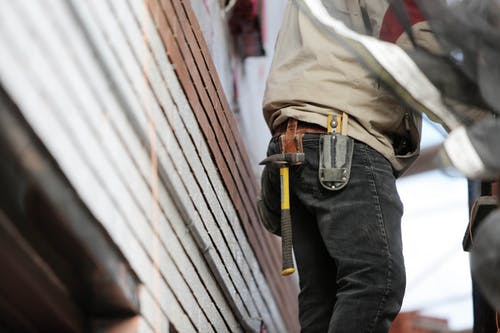
You’re pre-approved by a lender for a mortgage, you found a terrific condo, and now you have an accepted contract with the seller! Congrats! And now for the very important next step. You need to determine whether or not the condo is a good physical condition. So it’s time to hire a professional home inspector to inspect the condo!
As the buyer, you are responsible for finding and hiring your home inspector. The buyer has a set period of time (often a week to 10 days) to complete inspection, review the report results and decide if you want to:
- Proceed with sale as planned
- Ask seller to fix certain issues
- Renegotiate the price to allow you to address issues of concern
- Walk away from the sale.
Your Realtor, family and friends may have suggestions for reputable inspectors. Try to identify a home inspector familiar with your area and the type of condo you’re planning to buy. Interview inspectors & ask them what will be included in their inspection, as well as cost & availability within your time frame.
A basic home inspection will cost around $300 to $500 and the inspection will take a good three hours. It’s a good idea for you to be at the inspection, so you can ask questions. The inspector will then provide you with a detailed report, complete with many photos showing items of concern.
The home inspector will include information pertaining to the condition and functionality of the following:
- Heating & Central air systems
- Interior plumbing
- Mildew & mold
- Electric is up-to-code
- Water issues
- Interior electrical systems
- Roof, attic & visible insulation
- Walls, ceilings, floors
- Windows & doors
- Smoke, carbon monoxide & radon detectors are in working order
- Foundation, basement, & structural components
- Functionality of appliances that remain with the condo
Note: Inspectors are not allowed to physically move anything during an inspection and are not trained in the following areas. It may be necessary to hire a specialist to inspect:
- Pests such as termites and rodents
- Hazardous materials such as asbestos
- Radon exposure
- Pools & septic systems
- Physical problems concealed by paneling, furniture
If the building is a high rise, you likely won’t need a termite inspection because it’s a concrete and steel building. You also won’t need a radon inspection because radon is a gas that is emitted from the ground. The inspectors do not inspect the building common areas. The best way to understand the condition of the common areas is to read the meeting minutes and ask the management or HOA board for recent capital improvements.
For more information contact Maria Walley at at 513.235.3996.